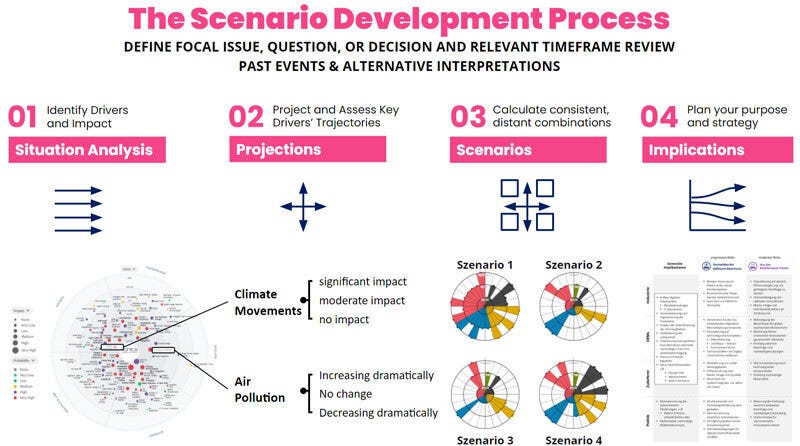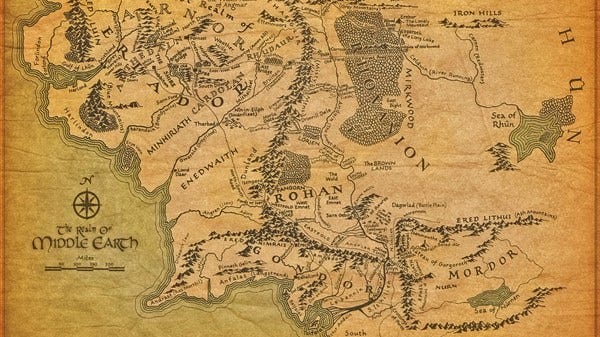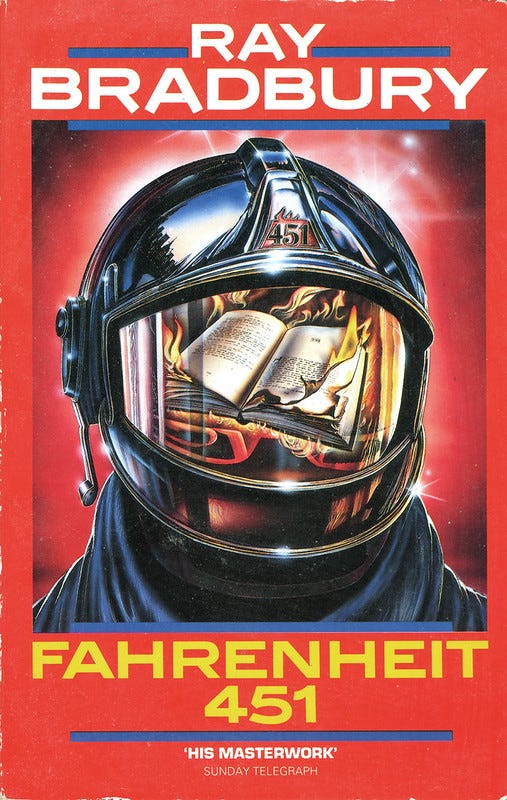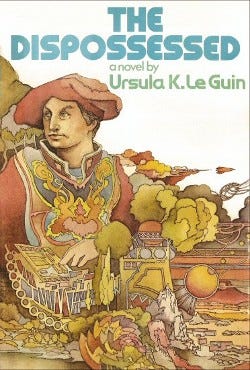The Many Origins of Worldbuilding
Or: I don't think that word means what you think it means (and maybe we're both wrong)
In my last post, I discussed one possible origin of the notion that worlds should be endlessly revisited and re-consumed. That essay got me thinking about another problem I often have when I talk about worldbuilding: the term has just so many definitions, histories and use cases. I frequently see thinkpieces, essays and conversations in which people talk over each other because they are coming from radically different vantage points as to what worldbuilding even is.
So in today’s post I want to list a few of those origins. As you read through these, ask: which of these perspectives do you associate with? Which ones do you gravitate towards without thinking? Which ones do you want other people to use more (or less)?
World as Subcreation
Origin: J.R.R. Tolkien; genre fiction, particularly fantasy
Perspective: Worlds are expansive settings with detailed histories and languages. The best worlds are comprehensive and detailed. Worlds are self-contained and do not symbolize anything external to them.
World as Scientific Model
Origin: scientific modeling; “hard” science fiction
Perspective: Worlds model scientific processes. The best worlds are internally consistent. Worlds can tell us something about our own conditions, but only if they do not contain too many contradictions.

World as Enabled by Computation
Origin: techno-optimism; the Californian ideology
Perspective: Worlds are a new type of media enabled by the power and affordances of computation. The best worlds are vast, explorable and generative. Worlds free us from the ideological constraints and biases of writers, by generating stories and ideas through algorithmic interactions.
World as Consumption Machine
Origin: tobacco companies; media companies
Perspective: Worlds are places that can be glimpsed and entered through numerous and potentially infinite small interactions. The best worlds are addictive, atmospheric, and revisitable. Worlds may or may not say something about society, but more importantly, they can compel social behaviours in a way that can be leveraged.

World as Story Background
Origin: narrative theory
Perspective: Worlds are the settings for a story. The best worlds highlight the themes of that story. Worldbuilding is not new or substantially different from other forms of research and planning for writing.

World as Scenario
Origin: scenario planning; simulation games; military intelligence
Perspective: Worlds are vehicles for developing concrete plans and strategies. The best worlds are possible, believable, and directly extrapolated from our present conditions. Worldbuilding can help us envision possible courses of action that we might not have otherwise considered.
World as Parable
Origin: proto-science fiction; fables; parables
Perspective: Worlds are allegories for ideologies. The best worlds may or may not be internally consistent, but that doesn’t matter as long as the allegory is consistent. Worlds only matter insofar as they help people better understand their social conditions.
World as Vision
Origin: leftist social movements, particularly anarchism
Perspective: Worlds enable us to imagine, and eventually to create, social structures beyond capitalism. The best worlds inspire thought, debate, and action. Worlds respond directly to social conditions, even if they depict societies far-flung from our own.
I think it’s interesting that worldbuilding lends itself so well to so many different ideological stances, each of which treats the relationship between creator, world and society differently. I wonder what it would mean to combine some or all of these perspectives, to create new approaches that consciously blend different tactics and desires.
Did I miss any origins or angles? Let me know in the comments if so!







